Wondering how long does withdrawal last? The length of withdrawal varies depending on the substance, individual factors, and duration of use but typically ranges from a few days to several weeks. Withdrawal can be difficult, making many people curious about the timeline.
Symptoms can begin within hours of the last dose and can peak within a few days, but some may experience symptoms for weeks. Knowing what to expect can help you prepare and seek the right support.
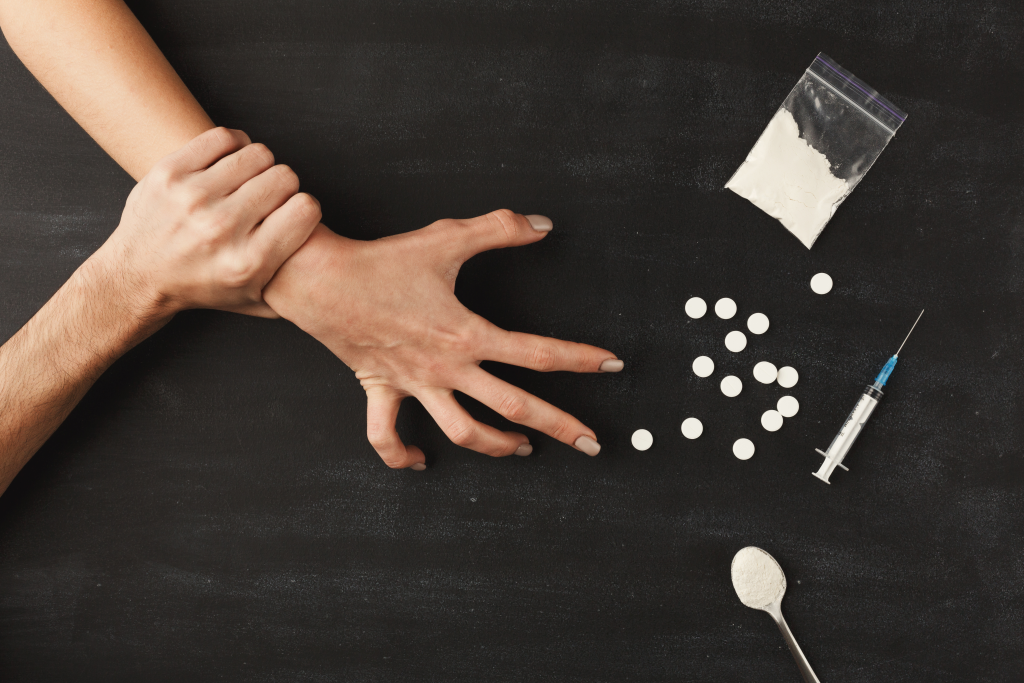
Key Takeaways
- Withdrawal duration varies by substance and individual.
- Symptoms often start within hours and can last days to weeks.
- Support and medical intervention can ease symptoms and aid recovery.
Withdrawal From Drugs – Explained
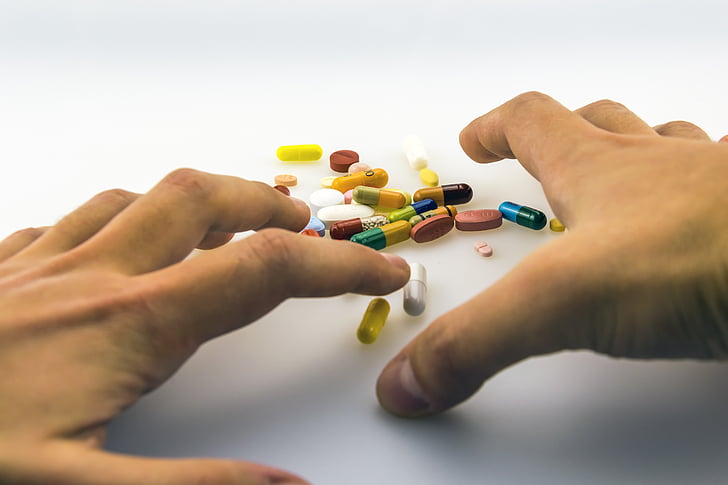
Withdrawal occurs when you stop or reduce intake of a substance you depend on. It can cause physical and mental symptoms, impacting your daily life.
The Science of Withdrawal
Withdrawal happens as your body adjusts to the absence of a substance. Drugs affect neurotransmitters, chemicals in your brain that send messages. For example, opioids increase dopamine, creating pleasure. Stopping opioids drops dopamine levels, causing pain and discomfort.
Your body tries to balance itself, leading to symptoms like nausea and headache. Different substances affect different neurotransmitters, so withdrawal can vary. Alcohol withdrawal can cause tremors, seizures, and delirium. These effects are due to changes in the brain’s GABA and glutamate systems.
Common Symptoms and Their Duration
Withdrawal symptoms differ based on the substance. Common symptoms include anxiety, irritability, nausea, headache, tremor, insomnia, and sweating. Opioid withdrawal can cause severe symptoms like vomiting and muscle aches.
- Alcohol: Symptoms can start within hours, peaking at 24-72 hours, and may last weeks.
- Opioids: Symptoms often appear within 12 hours, peaking at 1-3 days, usually easing after a week.
- Benzodiazepines: Can cause symptoms for weeks or months due to long-lasting effects.
Factors Influencing Withdrawal Length
Several factors influence how long withdrawal lasts. These include the type of substance, the amount and length of use, and individual health.
- Substance: Stronger substances like opioids and alcohol cause longer withdrawals.
- Usage Duration: Longer use leads to more severe and prolonged withdrawal.
- Health: Poor health can slow recovery, making symptoms last longer.
Mental health conditions like anxiety and depression can also make symptoms worse. Each person’s experience with withdrawal is unique, influenced by these various factors.
Types of Withdrawal
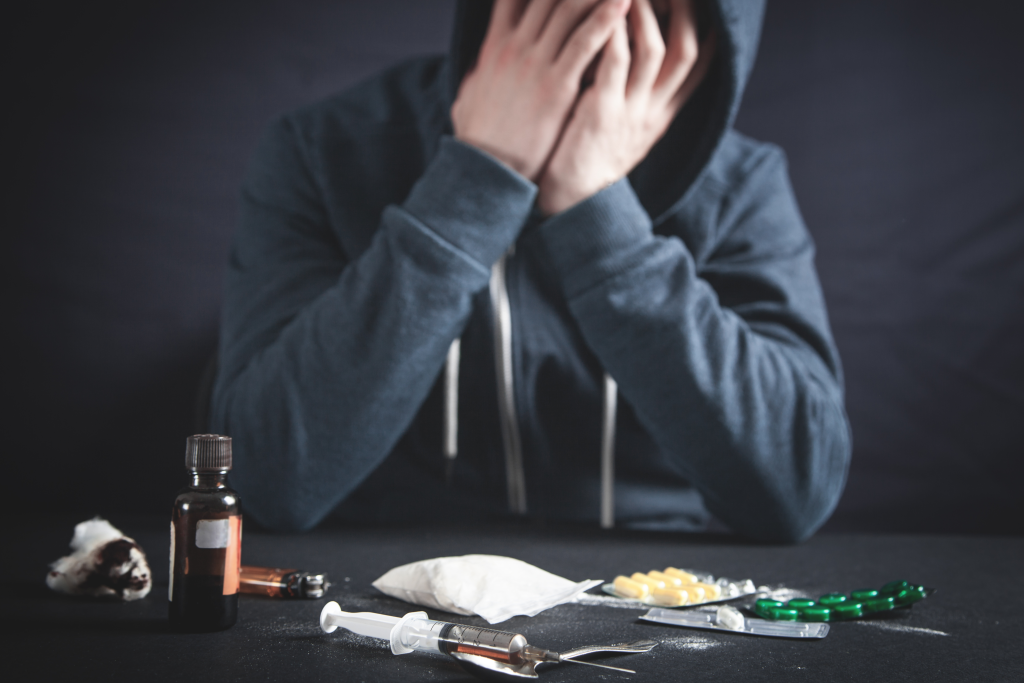
Withdrawal can happen with different substances. Each type has unique symptoms and treatment needs.
Alcohol Withdrawal:
- Symptoms: Shaking, sweating, anxiety.
- Treatment: Medical supervision, medications like benzodiazepines (e.g., Valium).
Opioid Withdrawal:
- Symptoms: Nausea, muscle pain, cravings.
- Treatment: Medications like methadone or buprenorphine, support from a doctor.
Benzodiazepine Withdrawal:
- Symptoms: Anxiety, seizures, irritability.
- Treatment: Medical care, tapered reduction of the drug, sometimes using other medications for support.
Nicotine Withdrawal:
- Symptoms: Irritability, difficulty concentrating, cravings.
- Treatment: Nicotine replacement therapy (patches, gum), support programs.
Antidepressant Withdrawal:
- Symptoms: Dizziness, flu-like symptoms, insomnia.
- Treatment: Gradual dose reduction overseen by a doctor, supportive care.
Stimulant Withdrawal:
- Symptoms: Fatigue, depression, sleep problems.
- Treatment: Supportive care, rest, and sometimes medications.
Medications Used in Withdrawal Treatment
| Substance | Medication |
|---|---|
| Alcohol | Benzodiazepines |
| Opioids | Methadone, Buprenorphine |
| Benzodiazepines | Other medications, gradual reduction |
| Nicotine | NRT (patches, gum) |
| Antidepressants | Gradual dose reduction |
| Stimulants | Supportive care |
Support and Care
- Medical Supervision: Essential for some types of withdrawal to ensure safety.
- Emotional Support: Support groups, therapy, and counseling can provide encouragement.
- Self-Care: Proper nutrition, hydration, and rest are important during withdrawal.
Minimizing Withdrawal Symptoms

Reducing withdrawal symptoms can help you stay on your path to recovery. Medications are often used to manage your symptoms and make the process easier.
Benzodiazepines like Valium can ease anxiety and agitation. Methadone and buprenorphine can help with opioid withdrawal. These treatments are usually prescribed by a doctor.
Medical supervision is important during withdrawal. Your doctor can monitor your care and provide necessary adjustments to your treatment plan.
It’s also important to have strong support. Family, friends, or support groups can offer emotional help.
Self-care is another key aspect. Eating healthy, staying hydrated, and getting enough rest can make a big difference.
Helpful Tips:
- Stay Hydrated: Drink plenty of water.
- Eat Balanced Meals: Nutrition can affect how you feel.
- Rest: Ensure you get enough sleep.
By focusing on these steps, you can better manage your withdrawal symptoms.
Medical Interventions and Support

Medical interventions and support can make withdrawal more manageable and safer. These options range from supervised detoxification to medications that help reduce symptoms.
Detoxification and Treatment Options
Detoxification often occurs under medical supervision to ensure safety. This process involves clearing the body of substances like benzodiazepines or oxycodone. Treatment settings can vary. Some include inpatient care, where you stay at a facility. Others offer outpatient programs, where you visit regularly.
Inpatient care provides constant monitoring by doctors and nurses. It’s suited for severe withdrawal cases. Outpatient programs are more flexible, allowing you to live at home but still receive medical attention and support.
Detox can take a few days to a week. Afterward, continued support and treatment are often necessary to maintain recovery. This might include counseling and therapy.
Medications to Alleviate Withdrawal Symptoms
Several medications can ease withdrawal symptoms. Methadone and buprenorphine are commonly used for opioid withdrawal. They reduce cravings and lessen withdrawal effects. These are usually prescribed by a doctor and taken under supervision.
For benzodiazepine withdrawal, doctors might use valium or other similar drugs. These can help manage anxiety and prevent severe symptoms.
Over-the-counter medications might also help with minor symptoms. For example, pain relievers for muscle aches or sleep aids for insomnia. Always consult a doctor before taking any medication. They can provide the best advice on what will help you most.
Long-Term Recovery and Management
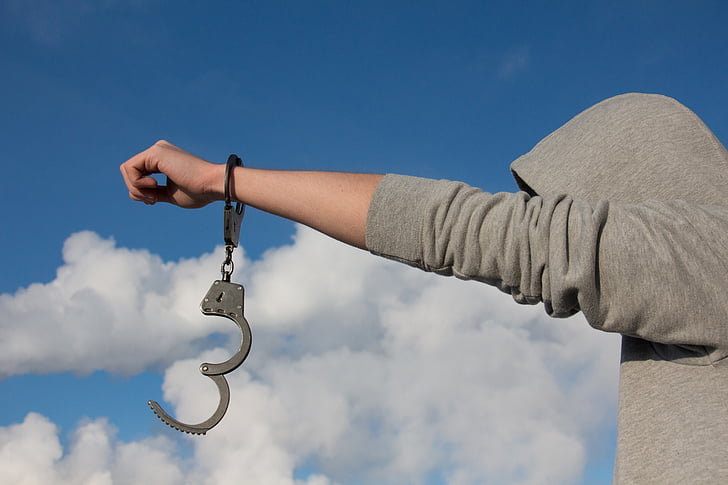
Managing withdrawal is only part of the journey. Long-term recovery involves understanding Post-Acute Withdrawal Syndrome (PAWS) and using support systems to prevent relapse.
Post-Acute Withdrawal Syndrome (PAWS)
PAWS can occur after the initial withdrawal. It includes symptoms like anxiety, depression, and memory problems. These symptoms might last for months, or even years, making it important to recognize and manage them.
Dealing with PAWS often involves counseling and therapy. A trained therapist can help you develop coping strategies. Support groups can also provide emotional backing and shared experiences to lessen feelings of isolation.
Symptoms can be unpredictable and vary in severity. Monitoring your mental and emotional health closely helps in adjusting your treatment plan. Keeping a journal of symptoms can also be beneficial for tracking progress.
Preventing Relapse through Support Systems
Preventing relapse is crucial in your recovery journey. One of the most effective ways to prevent relapse is through support systems. Surround yourself with people who understand your struggle and support your sobriety.
Support groups like Alcoholics Anonymous (AA) or Narcotics Anonymous (NA) offer a community where you can share experiences and receive encouragement. Regular meetings keep you accountable and connected.
Professional support is also key. Counseling and therapy can address underlying issues that may trigger relapse. Therapists can help you with stress management techniques and problem-solving strategies.
Building a structured routine and setting realistic goals can aid in maintaining sobriety. It’s important to replace old habits with healthier activities. Engaging in hobbies, exercise, and volunteering can serve as positive outlets.
Frequently Asked Questions
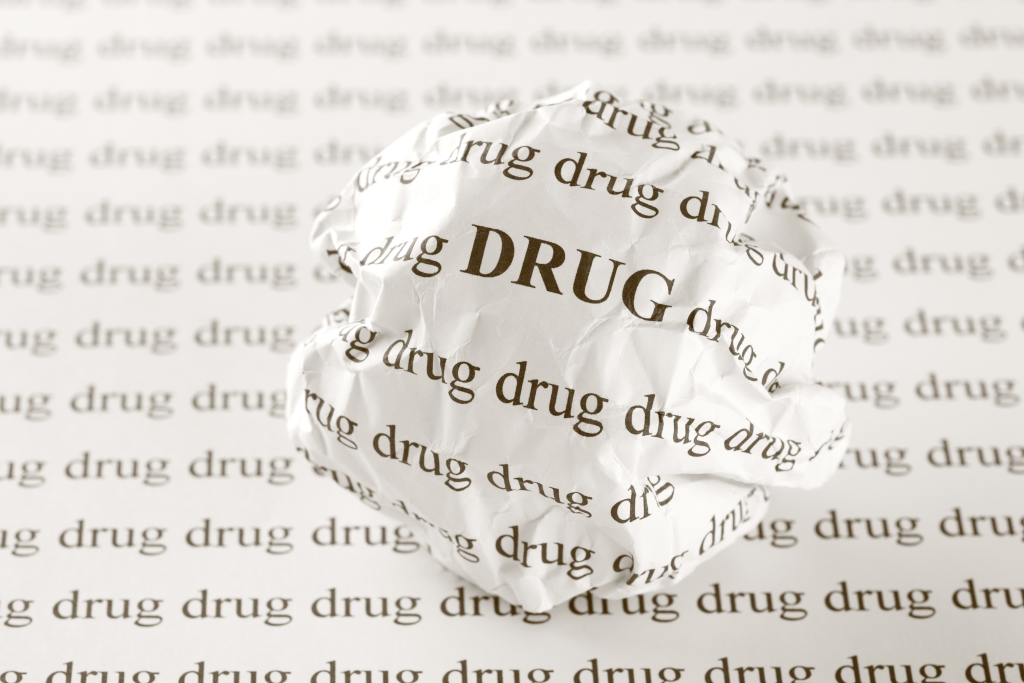
Withdrawal can bring a range of symptoms that start at different times and vary in severity. It’s important to understand the different types of withdrawal and strategies to manage symptoms.
Which symptoms generally appear first during the withdrawal process?
Early symptoms of withdrawal often include anxiety, restlessness, and insomnia. These can start within hours of the last dose.
Can you differentiate between the two prominent forms of withdrawal?
There are two main forms of withdrawal: physical and psychological. Physical symptoms might include sweating and tremors, while psychological symptoms can involve depression and cravings.
What is the most severe manifestation of withdrawal symptoms?
The most severe form is called delirium tremens (DTs). DTs can cause severe confusion, hallucinations, and seizures. This condition requires immediate medical attention.
How do withdrawal timelines vary among different substances?
Withdrawal timelines depend on the substance. For instance, alcohol withdrawal symptoms may peak within 72 hours but can last weeks. Opioid withdrawal starts within 6-12 hours and peaks around 72 hours.
What strategies are recommended for managing symptoms during withdrawal?
Recommended strategies include staying hydrated, engaging in light exercise, and getting plenty of rest. Professional medical support and counseling can also be crucial for managing symptoms effectively.

